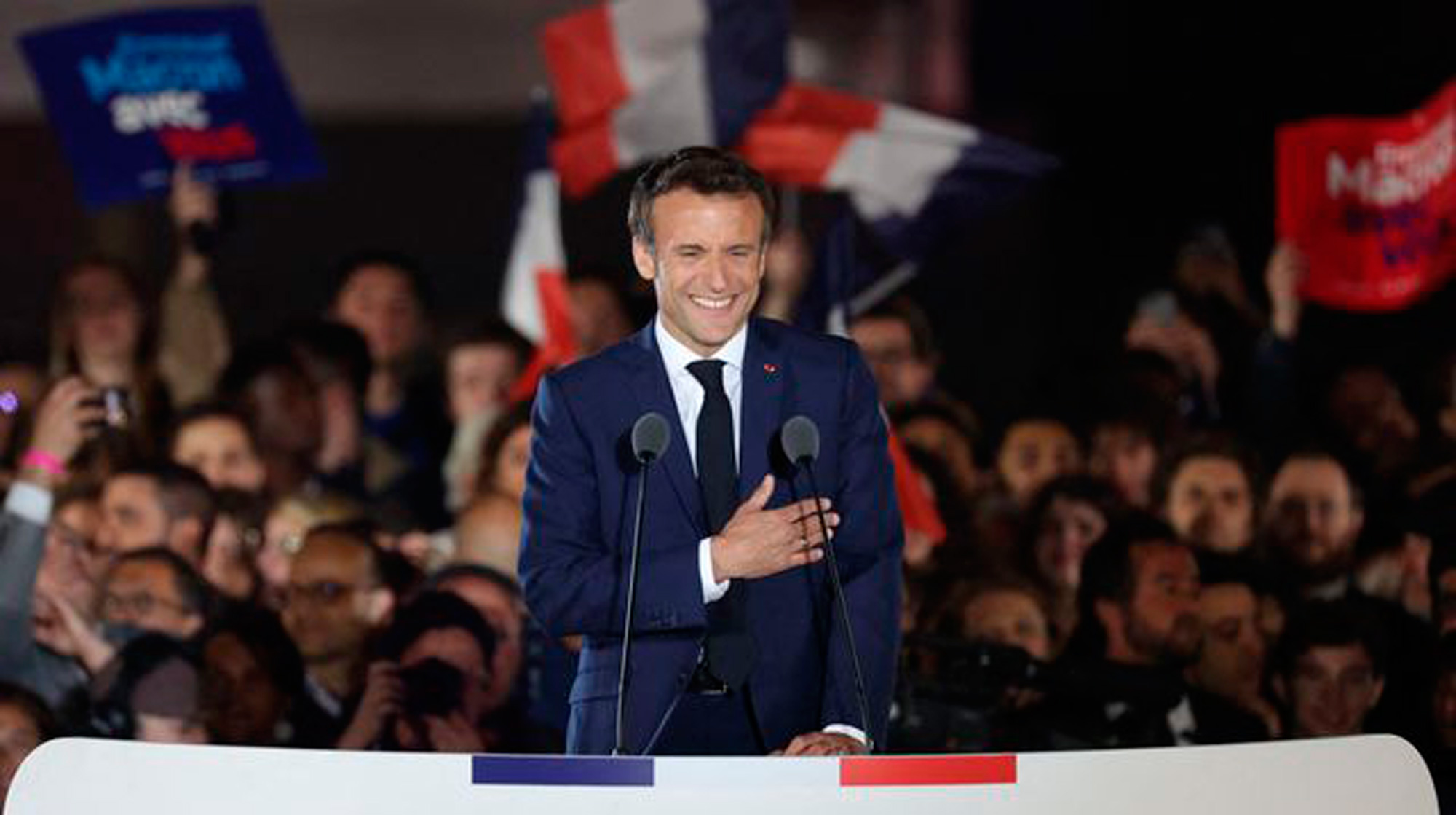
The president won the second round of the French presidency, with 58.6% of the votes, despite losing almost two million votes on the second round of 2017. Marine Le Pen, from the far right, which is being strengthened by elections – the one that made 33.9% this year five years ago was 41.4%, with 2.5 million more votes.
Abstention is another element to take into account in these votes: Compared to 2017, there have been 1.5 million more voters without going through the seat: 28.2% of voters. If you are going to vote but look at yourself or those who have played no role, it is less than in 2017 – from 11.52% to 8.6% – but the number of abstentions has increased by three points for five years. Since 1969 there has been no such modest participation. It was partly a voice of rejection of Macron’s policy, especially of the left-wing voters.
On the first lap, Jean-Luc Melenchon, on the left end, leaves third, with a timid difference of 0.8 points with the right end, and other entries did not exceed the 10% barrier. With regard to analyses and surveys, it seems that a minority in favour of Melencesta voted in the second round of Le Pen, 17% according to the Ipsos Sopra Steria Institute, the majority voted in favour of abstention, 42%, and Macron, 41%. To cut the road to the far right, the left-wing electorate voted against Macro as in 2017 – although three million fewer electors five years ago voted in favour of Macron in the second round. All the leftist candidatures had extended the call to cut the way to Le Peni, inviting some to vote in favour of Macron – the Socialist Party, environmentalists – and others to vote decisively – Melenchon, NPA and the Communist Party. far right 2.6 million more votes than in
2017
The tip of the right is still booming in the French State, and the proof is that from the first to the second round, Le Pen has had five million more voters, totaling 41.4% of the voters. It should be noted that in the overseas areas dependent on France the right end has been winner, knowing that Melenchon won the first round. The way to mark the discrepancy with Macron’s policy has therefore been for some to turn to the far right.
When it was the ttipi, Le Pen had two votes in my hometown. All the elections were two votes, and obviously, being a people of about a hundred people, about 75 voters, we knew which house they were from. After the elections, in 2002 he had two, when for the first time the right... [+]
Elections to the French Parliament were held on 12 and 19 June. So far, Emmanuel Macron's government was also a majority, and the reforms that he intended to carry them forward in the last five years. In order to block its neoliberal policy, the left wants to win those votes and... [+]